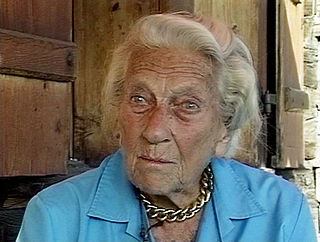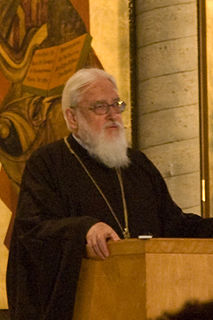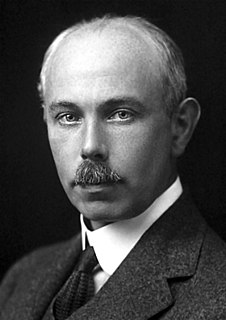A Quote by William James
Each of us is in fact what he is almost exclusively by virtue of his imitative-ness.
Related Quotes
Our everyday cares, making a living, the crazy rat race of life, often make us forget the value of a good deed. Thus, the goodness that exists within each and every one of us is covered with layer upon layer of indifference and unawareness. In fact, we almost have to be reminded of the fact that goodness is there inside us.
The culture and educational system of the contemporary West are based almost exclusively upon the training of the reasoning brain and, to a lesser degree, of the aesthetic emotions. Most of us have forgotten that we are not only brain and will, senses and feelings; we are also spirit. Modern man has for the most part lost touch with the truest and highest aspect of himself; and the result of this inward alienation can be seen all too plainly in his restlessness, his lack of identity and his loss of hope.
On the other hand, the pleasure caused by laughter, even on the stage, is not an unadulterated enjoyment; it is not a pleasure that is exclusively esthetic or altogether disinterested. It always implies a secret or unconscious intent, if not of each one of us, at all events of society as a whole. In laughter we always find an unavowed intention to humiliate, and consequently to correct our neighbour, if not in his will, at least in his deed.
If we wish to know about a man, we ask 'what is his story--his real, inmost story?'--for each of us is a biography, a story. Each of us is a singular narrative, which is constructed, continually, unconsciously, by, through, and in us--through our perceptions, our feelings, our thoughts, our actions; and, not least, our discourse, our spoken narrations. Biologically, physiologically, we are not so different from each other; historically, as narratives--we are each of us unique.








































